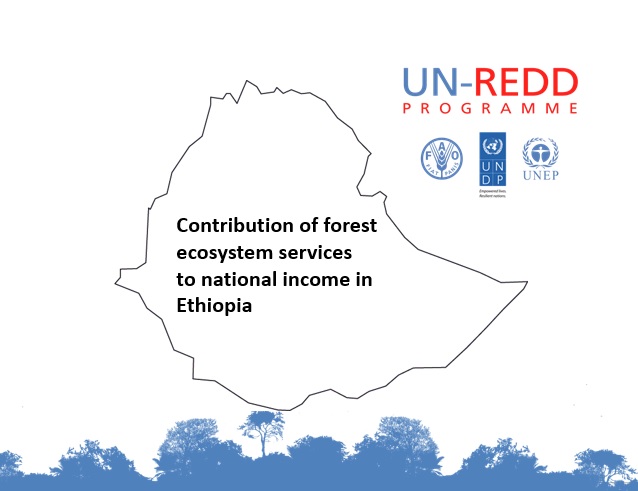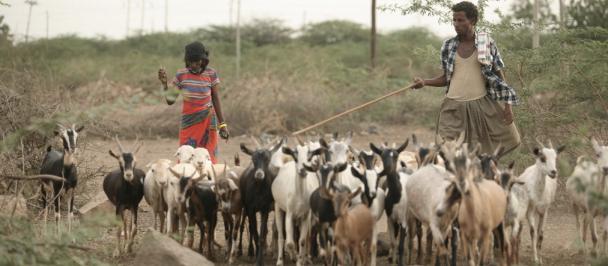Ethiopia held a validation workshop for a cutting-edge UNRED + study that seeks to bring to light the country’s forest ecosystem’s contribution to the national income.
The UNREDD + targeted support through UNDP and UNEP, which took a year to complete, came about in response to a direct request for assistance by the newly restructured Ministry of Environment, Forest and Climate Change.
According to State Minister Kebede Yemam, the ministry is undertaking a major national exercise to map and assess the status of forests in Ethiopia, and he reflected that, “…our assumption is that the true potential of forests is currently not fully valued and exploited.” He noted that the finds from the study will help in identifying opportunities for public and private sector investments as well as supporting the government to address the drivers of deforestation and degradation.
The official forest coverage figure for Ethiopia currently stands at only 15% and indicates a 50% decrease in the last three decades. “We need to face up to the projection that shed light on the worrying fact that unless action is taken to change the traditional development path, an area of 9 million hectors faces deforestation between 2010 and 2030”, UNDP Ethiopia’s country director Mr. Samuel Bwalya highlighted, adding that, “Over the same period, Ethiopia’s annual fuel wood consumption is expected to rise by 65% – leading to the forest degradation of more than 22 million tons of woody biomass.”
According to the presentation at the workshop, the UNREDD + study on the contribution of the forest ecosystem services to the national income, currently valued at a below 4% GDP, has identified areas where portions of the sector’s contribution, adding up to almost 8% of GDP, has been mistakenly been attributed to other sectors, such as agriculture and tourism.
“It is important to see forests as an asset that underpins Ethiopia’s development plan and this requires a change in mindset,” noted Ivo Mulder, UNEP, at the opening session of the validation workshop for the study.
The forest evaluation exercise is also expected to inform policymakers and lead to a re-adjustment of national budget allocation with more resources going towards ensuring the protection and sustainable management of forests in Ethiopia.
Ethiopia’s ambition is to become a middle income status nation with a climate resilient economy. The UNREDD+ targeted support is expected to help Ethiopia’s transition to a green economy.

 Locations
Locations
